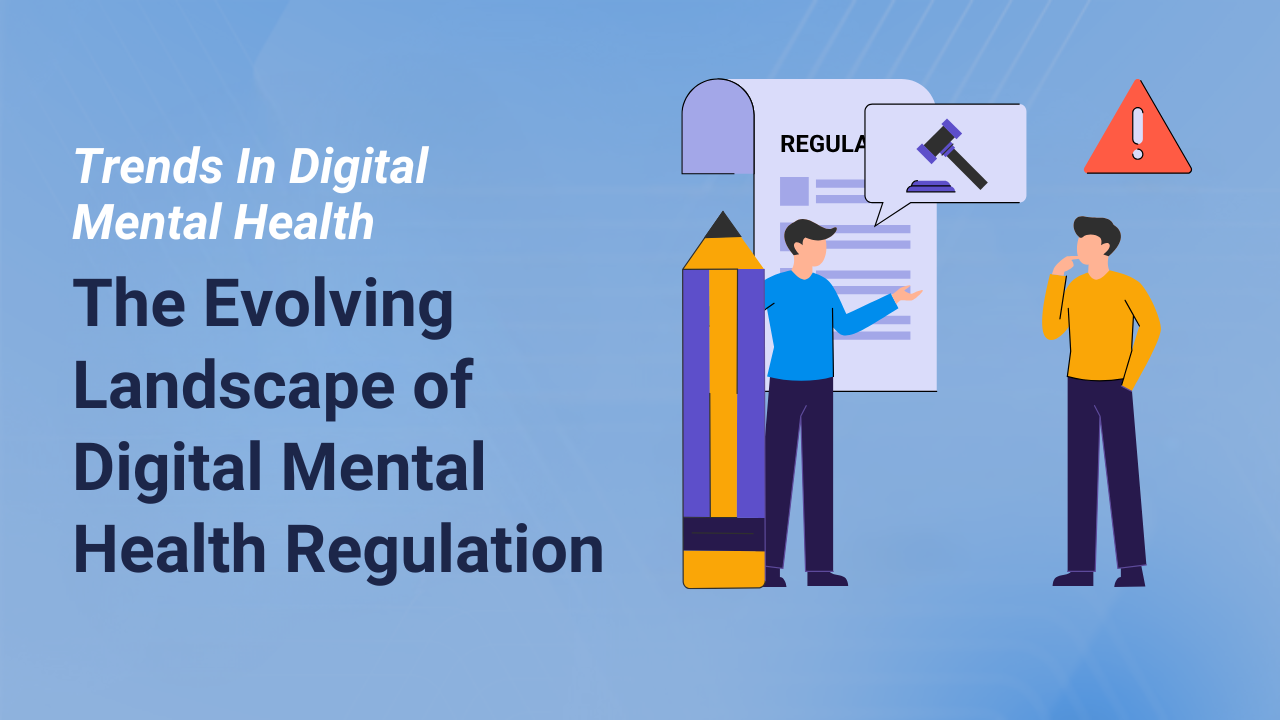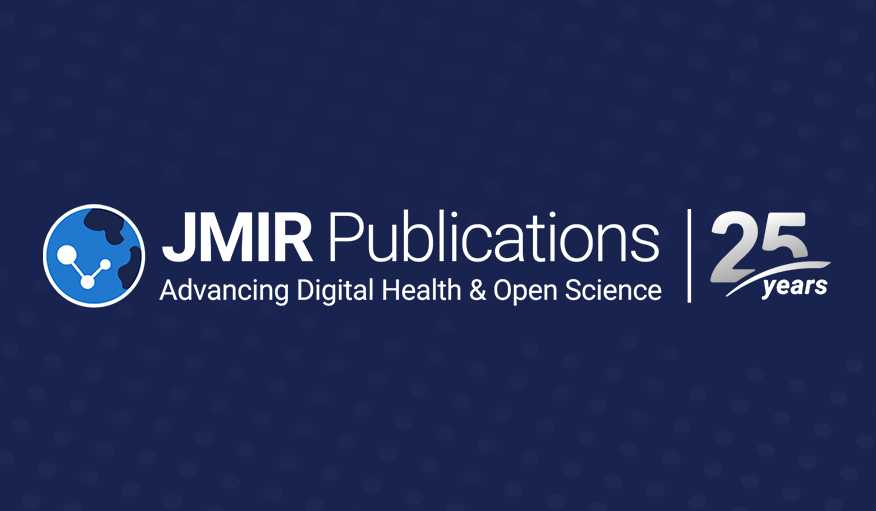The Evolving Landscape of Digital Mental Health Regulation

2025 is already off to a rapid start for digital mental health technology. One of the emerging themes for this year is regulation, which opens questions about how different governments plan to assess, regulate, and pay for digital mental health technology.
In January, regulators in the UK published their roadmap [1], and changes are expected in the United States with the transition to a new administration. If we have learned anything from the prior 25 years of digital health work, it is that careful planning and attention are required to bridge innovative products with regulation [2].
While the boom in generative AI has supercharged the discussion of regulation [3], at its core, regulation still requires the fundamentals with a need for high-quality data on risks and benefits. All too often, there are lackings, and regulators are placed in a challenging spot of trying to make a decision without all the facts. For example, a December 2024 systematic review and meta-analysis of adverse events in clinical trials of mental health apps reported a deterioration rate across all studies of 6.7%, but most mental health studies failed to report any adverse events, and such reporting was heterogeneous when present [4].
Likewise, we know that many mental health apps can offer patients benefits, but the quality of evidence is equally heterogeneous, especially around studies lacking active digital control arms. Adding to the challenge, many apps today are supported by coaches and so untangling the effect of the app vs coach adds a new layer of complexity.
Today, regulators must wade through this complex evidence and make the best decisions possible with limited data. Regulators need the help of the research and clinical community as echoed in the words of the now-former FDA commissioner Robert Califf in December 2024: “The sheer volume of these changes and their impact also suggests the need for industry and other external stakeholders to ramp up assessment and quality management [5].” Thus the research, clinical, industry, and patient community cannot be a passive partner in regulation - for these new regulatory efforts to find success in 2025, active partnership is not nice to have, it is a must-have.
Citations
1.Hopkin G, Branson R, Campbell P, Coole H, Cooper S, Edelmann F, Gatera G, Morgan J, Salmon M. Building robust, proportionate, and timely approaches to regulation and evaluation of digital mental health technologies. The Lancet Digital Health. 2025 Jan 1;7(1):e89-93.
2. Hall CL, Gómez Bergin AD, Rennick-Egglestone S. Research into digital health intervention for mental health: 25-year retrospective on the ethical and legal challenges. Journal of Medical Internet Research. 2024 Sep 9;26:e58939.
3. Tavory T. Regulating AI in mental health: ethics of care perspective. JMIR Mental Health. 2024 Sep 19;11(1):e58493.
4. Linardon J, Fuller-Tyszkiewicz M, Firth J, Goldberg SB, Anderson C, McClure Z, Torous J. Systematic review and meta-analysis of adverse events in clinical trials of mental health apps. npj Digital Medicine. 2024 Dec 18;7(1):363.
5. Warraich HJ, Tazbaz T, Califf RM. FDA Perspective on the Regulation of Artificial Intelligence in Health Care and Biomedicine. JAMA. 2024.
Subscribe Now


